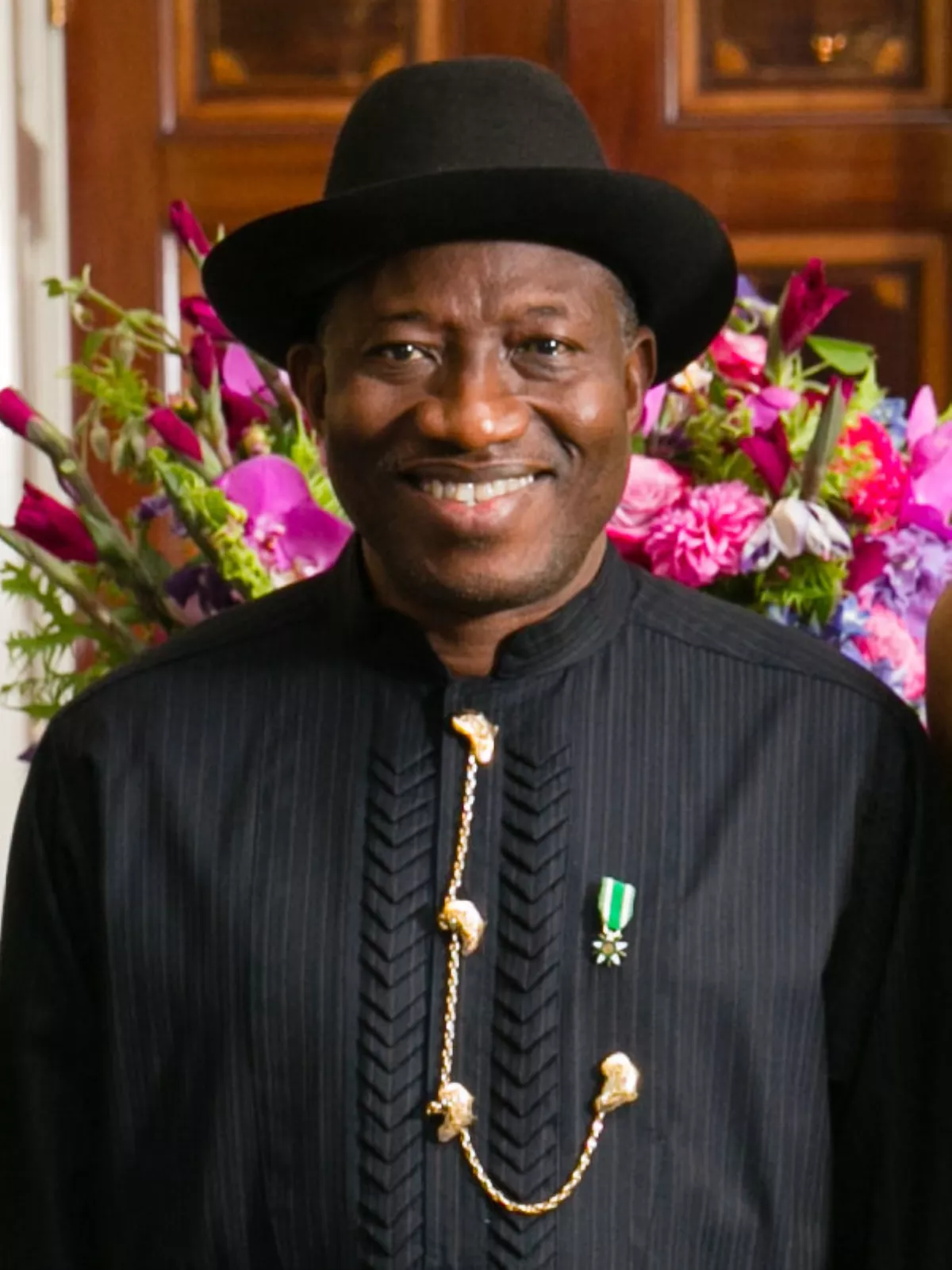 1.
1. Goodluck Jonathan lost the 2015 presidential election to former military head of state General Muhammadu Buhari and was the first incumbent president in Nigerian history to concede defeat in an election, thus allowing for a peaceful transition of power.